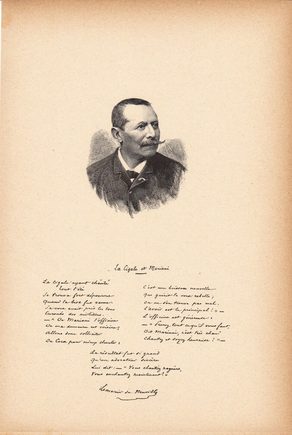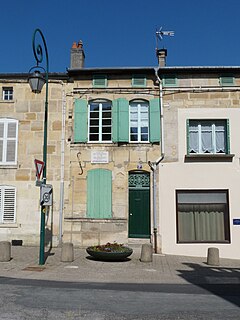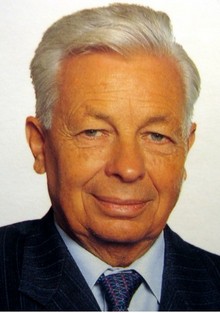Biography
While he was a notary's clerk in the province, Chevalet published a novel in 1832: Amélie ou la grisette de province [1] under the pen name "Émile Rossi". Having unsuccessfully tried his luck in Paris, he returned as a tutor in the province where he married. He was then attached as an employee at the Ministry of War, where he became office manager. From that moment, he wrote very different kinds of books: vaudeville, operetta librettos, plays, short stories, novels, history books, economics and philosophy essays and even education books for regimental schools without author name.
A pen name is a pseudonym adopted by an author and printed on the title page or by-line of their works in place of their "real" name. A pen name may be used to make the author's name more distinctive, to disguise their gender, to distance an author from some or all of their previous works, to protect the author from retribution for their writings, to combine more than one author into a single author, or for any of a number of reasons related to the marketing or aesthetic presentation of the work. The author's name may be known only to the publisher or may come to be common knowledge.
He wrote the libretto of Le violoneux by Offenbach with Eugène Mestépès, the comedy la Canne d’un brave homme, short stories and novels, collaborating notably with Paul Féval on Madame Pistache (1854), Le Roi de la barrière (1855), Roch Farelli (1854) or with Maurice d’Arcis on les Mémoires d’une pièce de cinq francs (1885) ; la Famille d’un émigré ; les 365, annuaire de la littérature et des auteurs contemporains (1858) ; Précis d’histoire moderne et contemporaine (1865) ; Histoire politique et militaire de la Prusse (1867) ; Mil huit cent quarante-huit, le roman dans l’histoire (1878) ; la Question sociale (1882) ; Voyage en Islande (1884).

Le violoneux is a one-act operetta by Jacques Offenbach to a French libretto by Eugène Mestépès and Émile Chevalet, first performed in 1855.

Jacques Offenbach was a German-French composer, cellist and impresario of the romantic period. He is remembered for his nearly 100 operettas of the 1850s–1870s and his uncompleted opera The Tales of Hoffmann. He was a powerful influence on later composers of the operetta genre, particularly Johann Strauss, Jr. and Arthur Sullivan. His best-known works were continually revived during the 20th century, and many of his operettas continue to be staged in the 21st. The Tales of Hoffmann remains part of the standard opera repertory.
Eugène Gaston Mestépès was a 19th-century French librettist, playwright and theatre director.
As a journalist, he collaborated with Le Corsaire and Le Figaro , contributed articles to the Journal de l’armée territoriale under the pseudonym "Théols" and wrote almost alone the Éclaireur du Berry in the last years of his life. He also completed the Dictionnaire d’Administration militaire by Victor Saussine.

Le Figaro is a French daily morning newspaper founded in 1826 and published in Paris. Le Figaro is the oldest national daily in France and is one of the three French newspapers of record, along with Le Monde and Libération.









